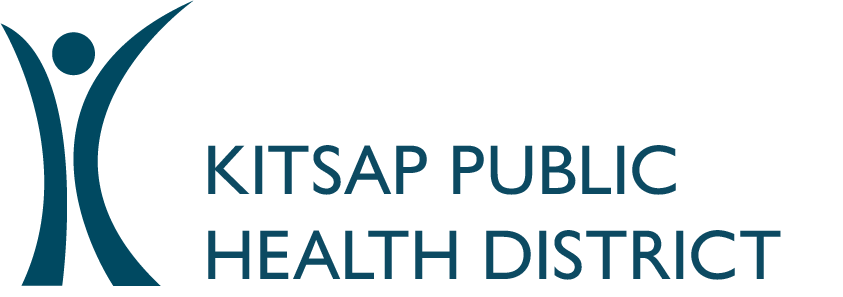What are those colorful patches in Puget Sound?
- katiebaker9
- May 17, 2024
- 2 min read
Updated: Jul 18, 2024
May 17, 2024
Most marine blooms, like this one called Noctiluca, aren’t toxic to humans. However, they can be harmful to the environment.
This time of year, orange, brown, or green patches can often be seen in Puget Sound.
These colorful patches are caused by blooms of algae or plankton (tiny plants or animals), which become more active during warm summer months. Most of these blooms are harmless to people.
The rusty orange patch in the photo above is a Noctiluca bloom. Noctiluca blooms are sometimes confused with "red tide" or shellfish poisoning. While visually striking, Noctiluca blooms are not toxic to humans.
Learn more about Puget Sound algae blooms here.
It is important to know that shellfish poisoning can be present at any time. Always check the state shellfish safety map before harvesting and use extra caution when harvesting during warm-weather months.
You can sign up to receive shellfish and swimming beach advisories by email or text at kitsappublichealth.org/subscribe.
DOING OUR PART
Algae blooms, like Noctiluca, are fueled by sunlight and nutrients in the water.
While these blooms aren't often harmful people, they can be an environmental concern. As blooms die off, oxygen is removed from the water. This can harm plants and animals that live in the ocean.
Nutrients from household waste can contribute to algae and plankton blooms. We can help reduce blooms by preventing waste from flowing into the Sound.
Simple ways to prevent water pollution include:
Reducing use of fertilizer or switching to natural lawn care products
Scooping pet waste and putting it in the garbage
Keeping livestock manure away from streams and stormwater
Making sure your septic system is up to date on maintenance
Taking your car to a carwash or washing it on a lawn where dirty, soapy water can filter through the soil
To learn more about how you can help, visit state Department of Ecology's "Washington waters — ours to protect" page.
STILL HAVE QUESTIONS?
No worries! Our Water Pollution Identification & Correction team is here to help.
Call us at 360-728-2235 or email pic@kitsappublichealth.org.



.png)
